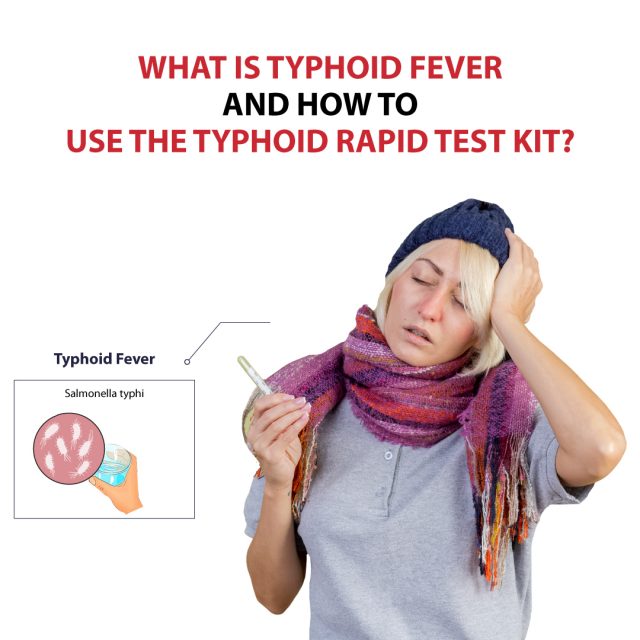नोभ . 06, 2024 08:31 Back to list
HCV Rapid Testing Methods for Efficient Hepatitis C Diagnosis and Management
Understanding HCV Rapid Tests A Key Tool in Hepatitis C Screening
Hepatitis C virus (HCV) infection poses a significant public health challenge worldwide. The World Health Organization (WHO) estimates that over 70 million people are living with hepatitis C, a viral infection that can lead to serious liver disease, including cirrhosis and liver cancer. Effective screening and diagnosis are vital for managing and controlling the spread of this virus. One of the most promising tools in this effort is the HCV rapid test.
What is an HCV Rapid Test?
HCV rapid tests are diagnostic assays designed to detect antibodies to the hepatitis C virus in a person's blood. Unlike traditional lab tests that require complex equipment and longer processing times, rapid tests provide results within minutes, making them accessible and convenient. They are especially beneficial in resource-limited settings and among populations that might encounter barriers to healthcare access.
The HCV rapid test typically involves a simple process. A small sample of blood is obtained through a fingerstick or venipuncture, and the sample is then applied to a test device. Results can usually be interpreted within 15 to 30 minutes. A positive result suggests exposure to the virus and warrants further testing, such as a polymerase chain reaction (PCR) test, to confirm active infection and measure viral load.
Advantages of HCV Rapid Tests
1. Speed and Convenience The primary advantage of HCV rapid tests is their ability to deliver quick results. This immediacy allows healthcare providers to provide counseling and treatment options during the same visit, improving patient engagement and reducing loss to follow-up.
2. Increased Access Rapid tests can be conducted in non-traditional healthcare settings, such as community clinics, pharmacies, and even mobile health units. This accessibility is crucial in reaching populations at high risk for HCV, such as people who inject drugs, those living in rural areas, and marginalized communities.
3. Cost-Effectiveness While traditional testing methods may require substantial laboratory infrastructure and staffing, HCV rapid tests are generally less expensive to administer. This cost-effectiveness facilitates widespread screening efforts and helps allocate resources more efficiently.
hcv rapid test

4. Reduction in Stigma Conducting rapid tests in confidential and respectful environments can help reduce the stigma associated with HCV testing. Programs offering rapid testing often provide supportive counselling, which can empower individuals to seek help without fear of judgment.
Challenges and Limitations
Despite their advantages, HCV rapid tests are not without limitations. One concern is the potential for false positive and false negative results. While the tests are generally accurate, confirmatory testing is essential following a positive result to ensure that the diagnosis is correct. Furthermore, the sensitivity of rapid tests can vary, and they may not detect infection in the very early stages.
Another challenge is the need for effective patient education. Individuals who test positive must understand the implications of their results and the necessity for follow-up care. Therefore, healthcare providers must be equipped to offer appropriate support and resources.
The Role in Public Health
HCV rapid testing plays a crucial role in public health strategies aimed at curbing the spread of hepatitis C. By increasing diagnosis rates, these tests can help launch timely treatment, minimizing the risk of transmission and severe health consequences. The integration of HCV rapid testing into routine healthcare services can significantly contribute to the WHO's goal of eliminating viral hepatitis by 2030.
Conclusion
HCV rapid tests represent a transformative step in the fight against hepatitis C. Their ability to deliver quick results, increase access to screening, and support patient engagement is vital to improving outcomes for individuals at risk of or living with HCV. While challenges remain, ongoing education, public health initiatives, and advancements in testing technology will help pave the way for a world where hepatitis C is no longer a public health threat. As we continue to advocate for better screening and treatment options, HCV rapid tests stand as a key tool in our collective efforts to combat this pervasive virus.
-
Highly Accurate hCG Pregnancy Test Strips - 5 Min Results
NewsAug.02,2025
-
Premium Empty ABS Plastic Cassettes: Durable & Lightweight Storage
NewsAug.01,2025
-
Accurate Cocaine (Coc) Rapid Test Kit | Fast & Reliable Detection
NewsJul.31,2025
-
Accurate HCG Pregnancy Test Strips | Fast Home Use Kit
NewsJul.31,2025
-
Reliable Early Pregnancy Test Kit Supplier - Multi Plastic Cassette Options
NewsJul.30,2025
-
Transferrin Rapid Test Cassette – Reliable Tumor Marker Detection
NewsJul.29,2025

